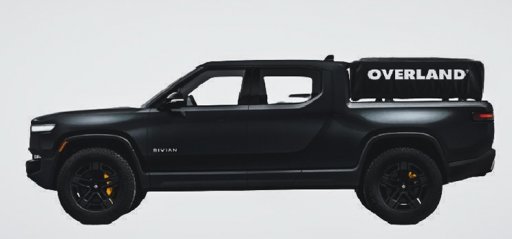
Guardian III
- 13,714
- First Name
- Thore
- Last Name
- Fahrenbach
- Member #
-
40915
- Service Branch
- Higher Education
I was wondering what your option in fully electric powers vehicle is?
Do you think this could work for harsh environment? There are some big player with fully electric powers trucks. I came across the ne concept of Rivian (Rivian - Electric Adventure Vehicles ) wich looks super cool to me.
But makes it sense?
Maybe one day when solar power panels are efficient enough to power the pickup while exploring sunny regions. But what’s about winter overlanding?
Do you think this could work for harsh environment? There are some big player with fully electric powers trucks. I came across the ne concept of Rivian (Rivian - Electric Adventure Vehicles ) wich looks super cool to me.
But makes it sense?
Maybe one day when solar power panels are efficient enough to power the pickup while exploring sunny regions. But what’s about winter overlanding?
Attachments
-
43.1 KB Views: 27










